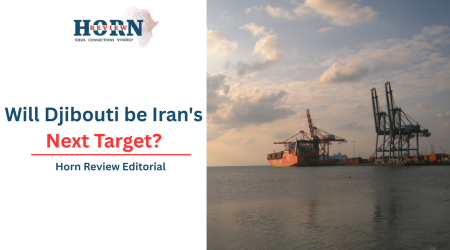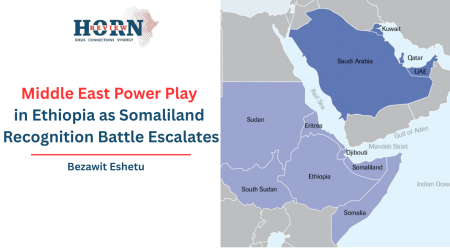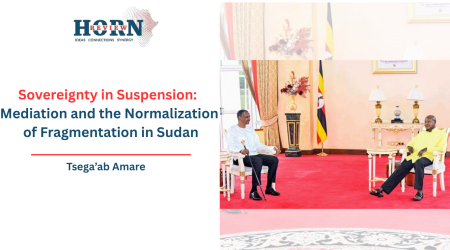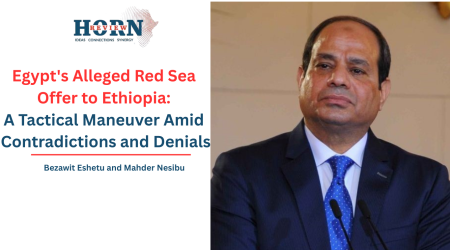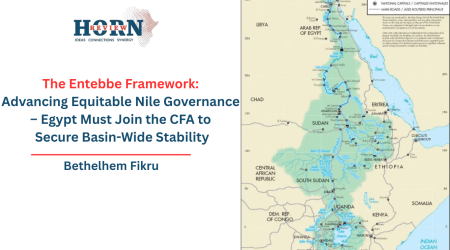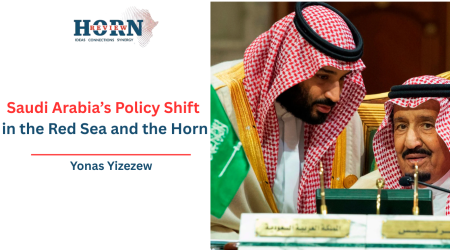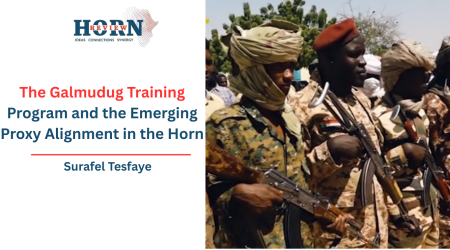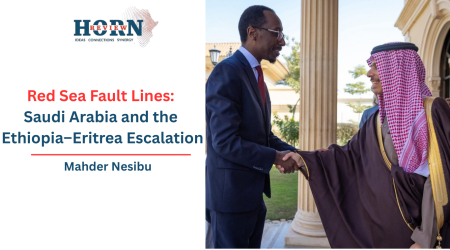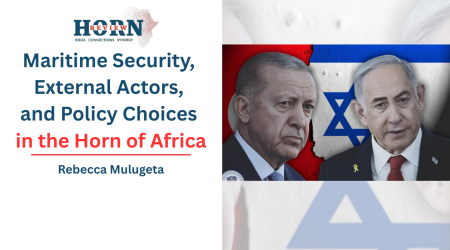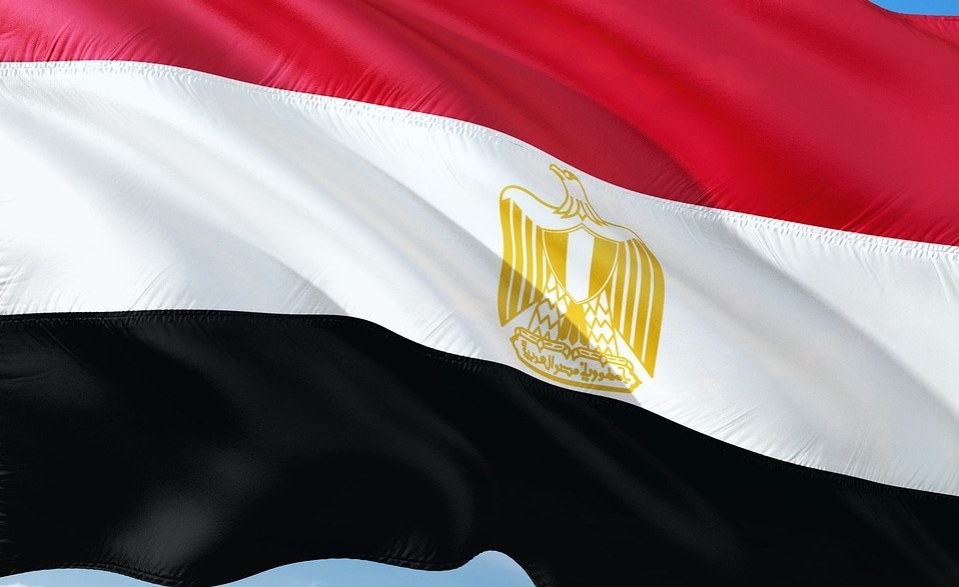
29
Jan
Strategic Rivalries in the Horn: The Implications of Egypt’s Bid to Join AUSSOM
The Horn of Africa, a region marked by shifting alliances and geopolitical tensions, faces yet another potential flashpoint. Egypt’s bid to join the African Union’s Somalia Transition Mission (AUSSOM) has sparked significant concerns, particularly from Ethiopia, given the historical animosities between the two nations. With the Grand Ethiopian Renaissance Dam (GERD) dispute already a source of friction, Cairo’s move to establish a military presence in Somalia is seen by Addis Ababa as an extension of its broader strategy to counter Ethiopian interests in the region.
Egypt’s intentions are not merely about peacekeeping but carry strategic undertones. Historically, Cairo has supported anti-Ethiopian elements and leveraged proxy strategies to undermine Ethiopia’s position in the Horn. A military foothold in Somalia could provide Egypt with the means to escalate these efforts, intensifying the geopolitical stakes in an already volatile region.
From Ethiopia’s perspective, Egypt’s involvement in AUSSOM represents a direct national security threat. Addis Ababa’s influence in Somalia, particularly in areas like Hiran, Gedo, and Bay-Bakool, has long been a cornerstone of its regional strategy. Ethiopian National Defense Forces (ENDF) have played a pivotal role in stabilizing these regions, ensuring governance, and countering Al-Shabaab. The introduction of Egyptian forces into this dynamic risks disrupting this delicate balance, turning Somalia into a theater for broader rivalries that could undermine both peacekeeping efforts and Somalia’s sovereignty.
For Somalia, allowing Egypt’s entry into AUSSOM is a double-edged sword. While it might seem like a way to gain leverage against Ethiopia, it risks making Somalia a battleground for external powers, further complicating its own security and state-building efforts. Historical lessons indicate that such external rivalries rarely leave the host nation unscathed, often exacerbating internal divisions and undermining long-term stability.
The African Union and other regional stakeholders must carefully consider the implications of Egypt’s involvement. AUSSOM’s primary goal is to strengthen Somali security forces and prepare for the eventual withdrawal of international troops. Introducing an actor with vested interests in regional rivalries could jeopardize this mission. Ethiopia, as a key player in the Horn, must counter this development by leveraging its influence in Somalia and rallying regional allies to resist any destabilizing moves.
Ultimately, the Horn of Africa requires collaboration, not confrontation. External actors must prioritize Somalia’s security and sovereignty over their own strategic ambitions. Anything less risks plunging the region into deeper instability and prolonging the cycles of conflict that have plagued it for decades.

